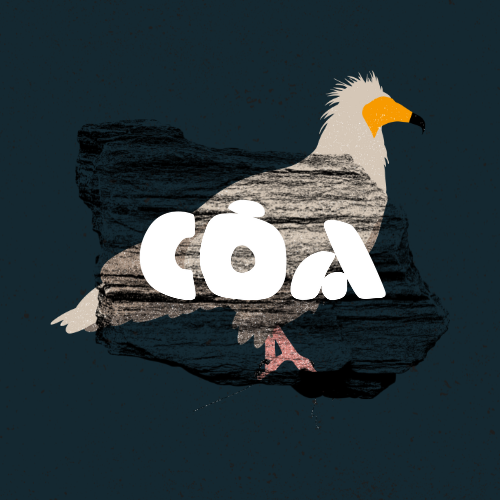In 2023, artistic expression is back in the Greater Côa Valley and art returns to the wild in this region. The “CÔA – Corridor of Arts” festival will have its first edition taking place in the summer of 2023, in the Greater Côa Valley. A festival that seeks to connect artists with communities in this natural environment, in order to co-create works of art that have integrated the landscape itself, using natural materials and respecting its natural decay.
The festival
In 2023, artistic expression is back in the Greater Côa Valley and art returns to the wild in this region. The “CÔA – Corridor of Arts” festival will have its first edition taking place in the summer of 2023, in the Greater Côa Valley. A festival that seeks to connect artists with communities in this natural environment, in order to co-create works of art that have integrated the landscape itself, using natural materials and respecting its natural decay.
The event will have an itinerant format, taking place in five different municipalities of the Greater Côa Valley, on consecutive weekends and also with programming throughout the week. The event concentrates artistic programming near the various municipalities centres that will be part of the festival, on these weekends, also having a strong scientific component that will accompany the weeks between these days of concentration in one place. On these weekends, the event will take place in a central place in each of the municipalities, outdoors, and will feature cinema, theater, music and other performing arts, in addition to small fairs where local producers and operators will have the opportunity to make their products and services known to visitors. The festival will also have a specific program dedicated to the youngest.
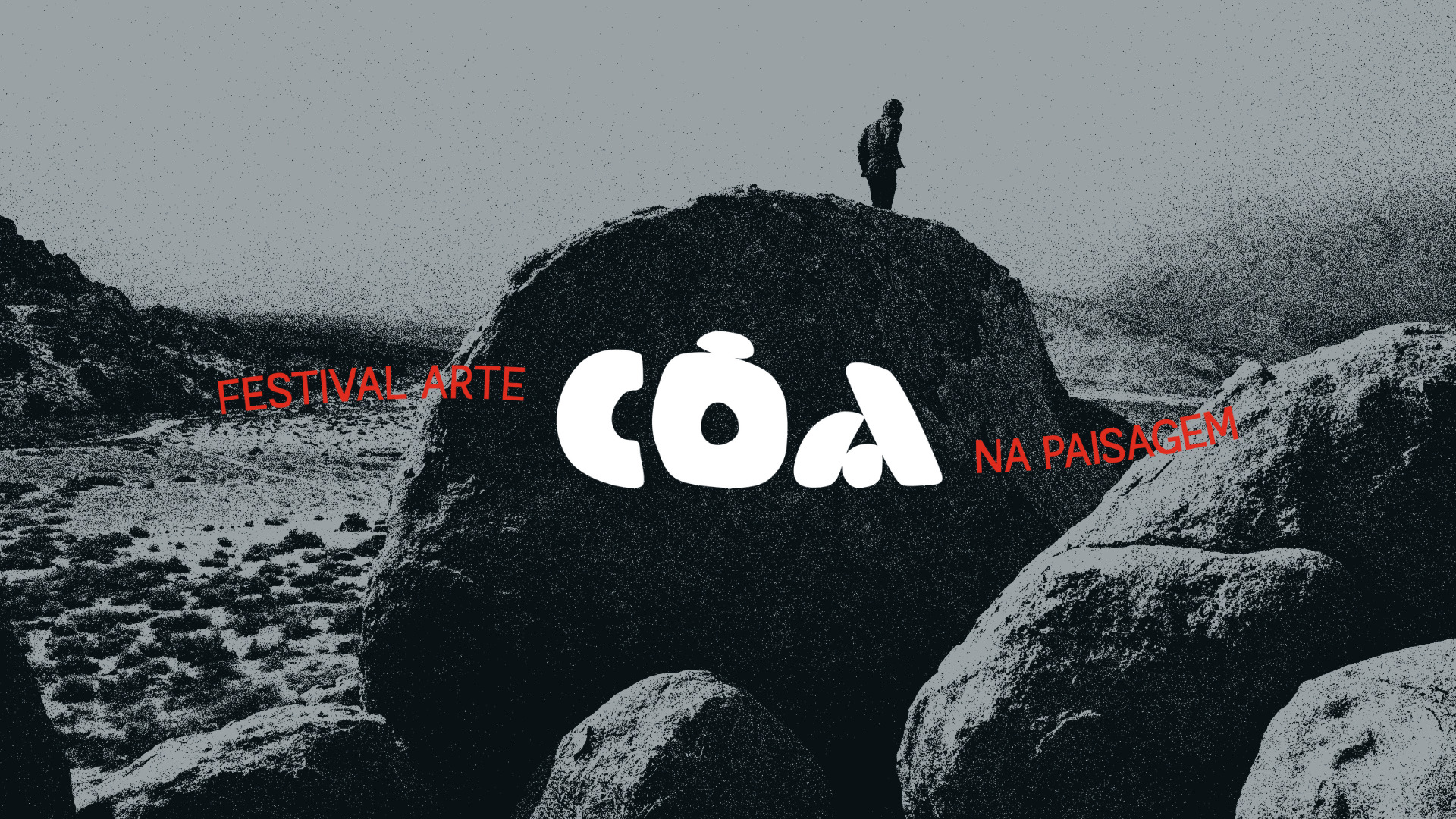
Throughout the week, the program will feature workshops and activities in nature, science and recreation, as well as visits and walks to the pieces of art developed by the creators who will be in the territory in an artistic residency. Here we talk about field visits related to astronomy, biology and geology with specialists in these areas, visits to rewilding areas and many other activities inserted in the spirit and concept of this festival. In total, there will be between 6 and 10 works of art developed in these artistic residencies exposed along the Greater Côa Valley, in an itinerary that becomes a true open-air museum of art integrated into the landscape and that will naturally blend with it. It is intended that the development of these works create a special connection between the artists and the surrounding communities, making them part of the creative process. An itinerary to be visited and traveled at a slow pace, respecting the slow rhythms of nature itself.
The call is now open for artists who want to participate in the artistic residencies of this festival to create or co-create works of art integrated into the landscape. Applications close on August 31. The regulation and all information about the festival, as well as the submission of entries for artists can be found and made on the festival’s recently launched website at: www.coa-corredordasartes.pt .
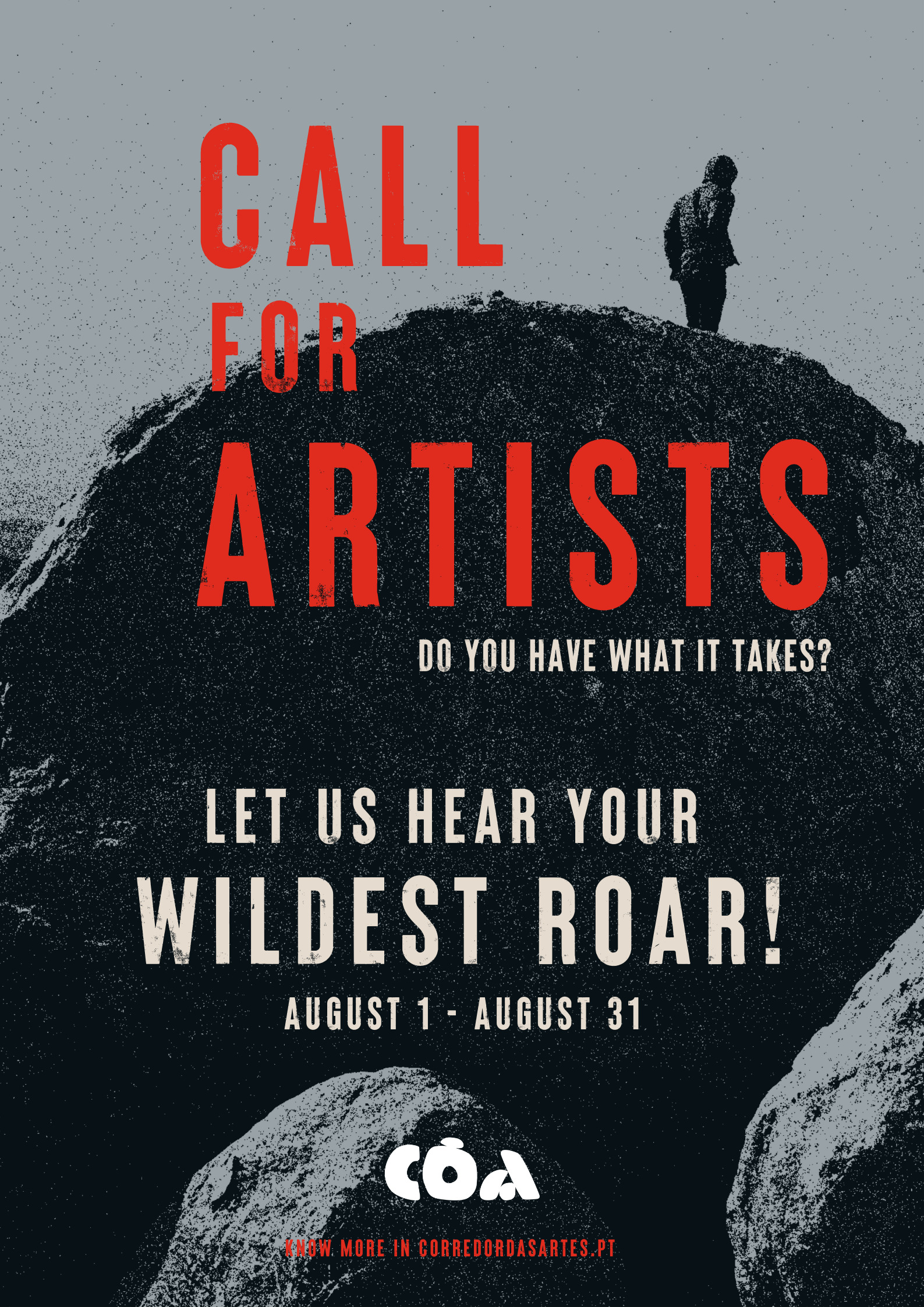
The concept
The festival celebrates the cultural heritage of the Côa Valley, which has existed since prehistory, when people began to engrave the creatures that lived in this region for the first time. These engravings of aurochs, horses and other wild animals illustrate human admiration for nature.
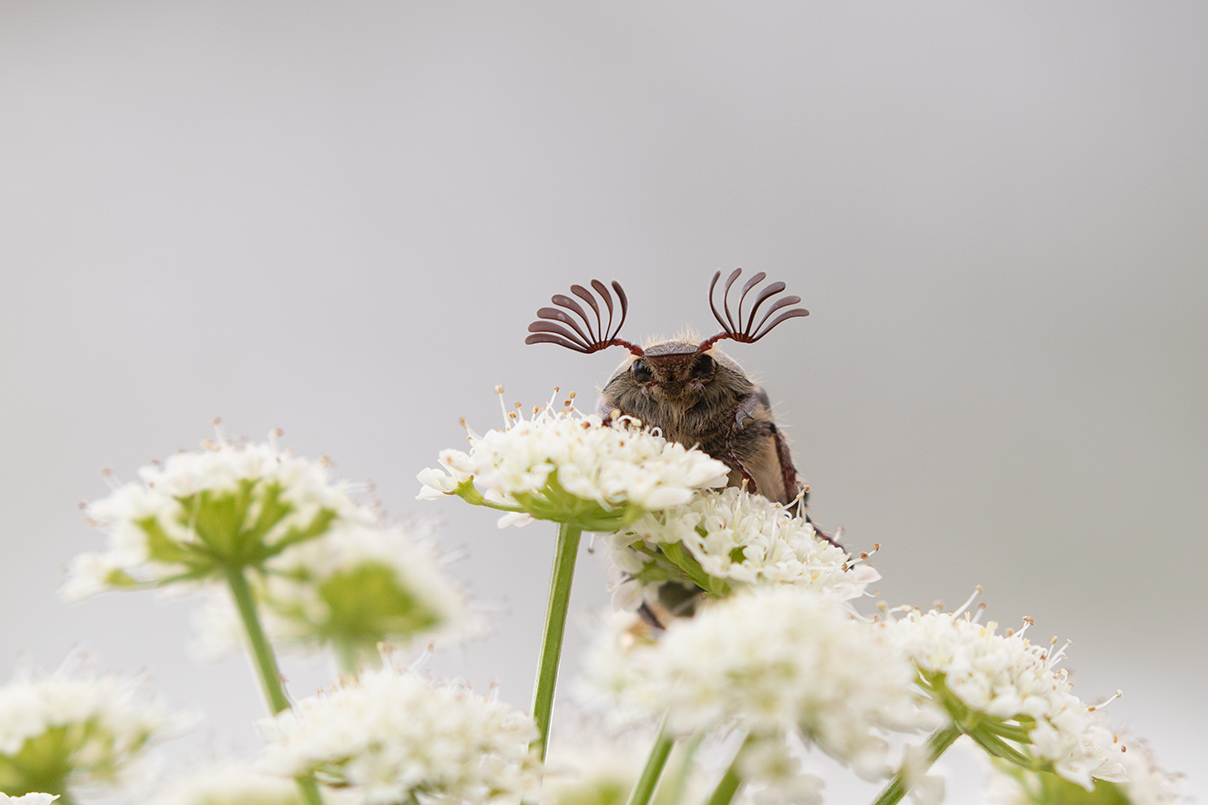
The Greater Côa Valley is a wildlife corridor, which since then until today maintains its appeal as a place rich in biodiversity and diverse landscapes. The Côa Valley is a corridor that stretches through time, in which many eras intersect, where generation after generation shares its artistic expression for posterity. The engravings are today the expression of these feelings, flows, movements, in an environment of constant change. This reflexion of a world vision is still present in the people that lived the landscape. The festival wants to allow the expression by these populations of their wishes and admiration for an environment constantly changing.
A clear link between nature (and its conservation) and the artistic world, which can and should play a decisive role in this process, through the dissemination and, above all, through the awareness of communities and individual beings. A connection that this festival intends to highlight and operationalize in practice, so that they can go hand in hand again and so that art returns to the wild, to its wildest state and integrated into the landscape itself, evolving and decaying with it and its rhythm and space.
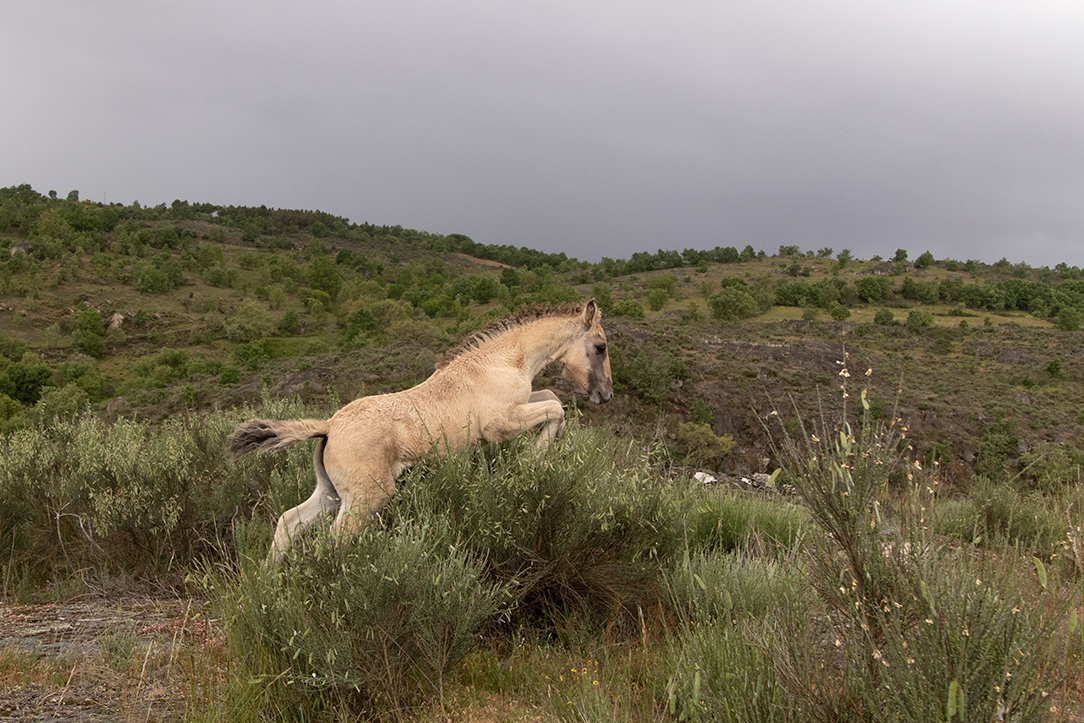
In addition, it is a festival that aims to highlight rewilding, a progressive approach to nature conservation. It’s about letting nature take care of itself, allowing natural processes to shape land and sea, repair damaged ecosystems and restore degraded landscapes. Through rewilding, the natural rhythms of wildlife create wilder and more biodiverse habitats. An approach that relies on nature’s intrinsic ability to self-regenerate and manage itself if given the essential conditions to do so, and which defends the need to restore ecosystems and bring back the missing elements in the landscape, so that it can be functional and with their complete life cycles.
Rewilding also has the ability not to deny the human presence in ecosystems, but rather to find ways of coexistence and harmony in this presence, providing new economic and social opportunities for local communities in areas of the country that are increasingly desertified, abandoned and vetoed at the same time. abandonment and lack of opportunities and solutions, creating new economies based on nature and therefore more resilient and adapted to the surrounding heritage. Rewilding is just that… It’s hope, it’s imagining a world where humans and wildlife coexist in harmony. A world where nature has more space, has more time. A wilder world.
Rewilding Portugal and funding
Rewilding Portugal is a non-profit private organization, based in Guarda, whose mission is to promote nature conservation through rewilding measures in Portugal, mainly in the Greater Côa Valley region, where its rewilding areas are located. This is a region where high rates of rural abandonment have created opportunities to bring nature back and improve conditions in this important wildlife corridor for many species. The reinforcement of this corridor can also play a fundamental role in the recovery of species with worrying extinction status, such as the cinereous vulture and the Iberian wolf.
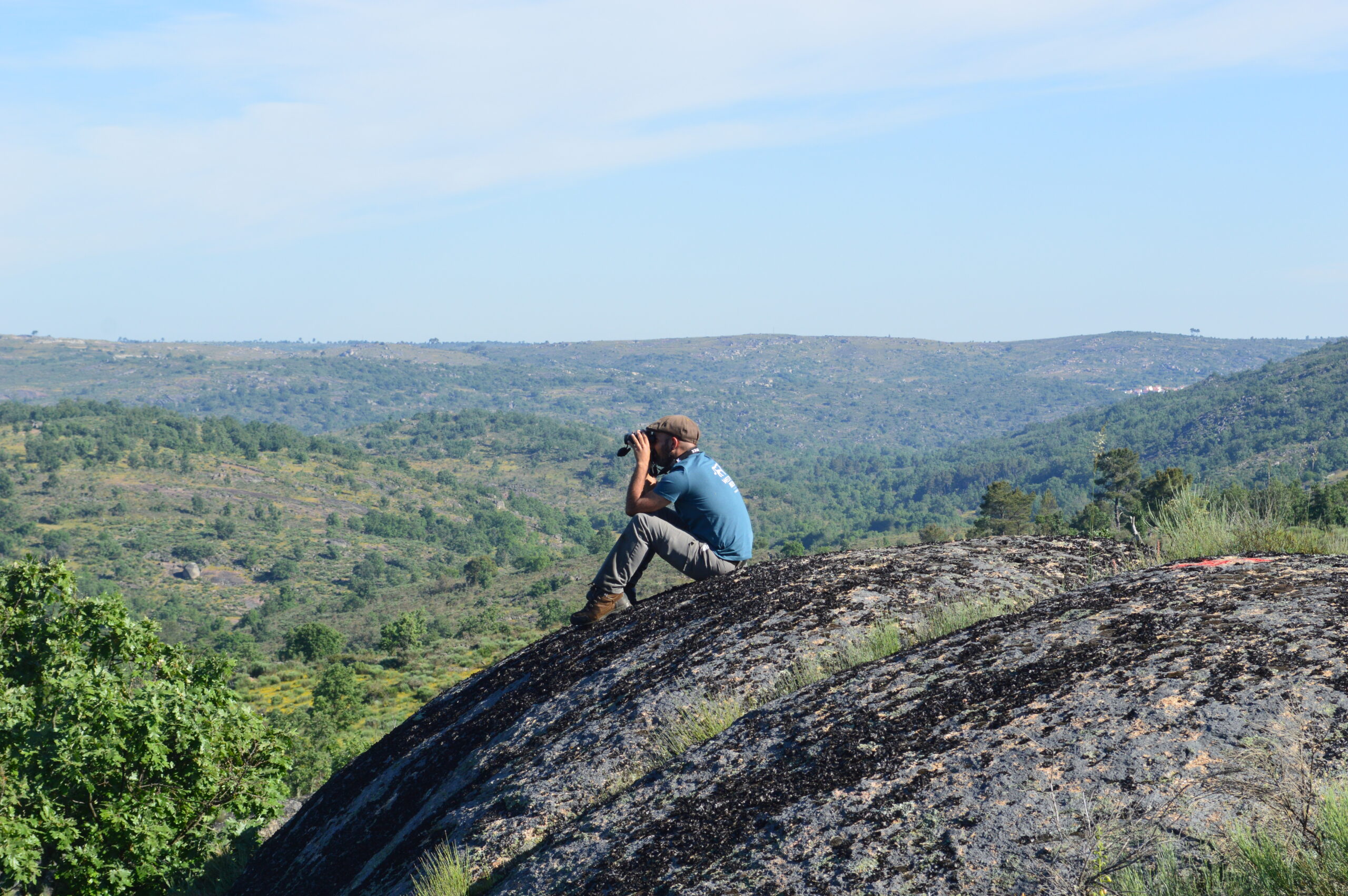
Rewilding Portugal is also part of a European network of different rewilding areas, coordinated by Rewilding Europe, with nine rewilding areas across Europe, with the mission of making Europe a wilder place.
This festival uses funding from the Endangered Landscapes Programme (ELP), a progressive initiative that envisions a future where Europe’s landscapes are rich in biodiversity, establishing resilient, more self-sustaining ecosystems that benefit nature and people. ELP is not about recreating the past and going back in time before human influence, but aims to restore processes, populations and habitats for a better and more sustainable future. This program signals a shift towards a more positive and creative agenda in which the potential of our lands and seas is recognized. ELP funding will enable the development of a 120,000-hectare wildlife corridor in the Greater Côa Valley. By intensifying current rewilding efforts in the Greater Côa Valley, this project aims to transform a region with high levels of rural abandonment and species loss into an area with new opportunities for both wild nature and people.
The project Scaling Up Rewilding in the Greater Côa Valley, supported by the ELP, is being coordinated by Rewilding Europe in partnership with Rewilding Portugal, Zoo Logical, Uiversity of Aveiro and Associação Transumancia e Natureza. The Côa – Corridor of Arts is part of this project. The Endangered Landscapes Program is managed by the Cambridge Conservation Initiative and funded by Arcadia, a charity fund run by Peter Baldwin and Lisbet Rausing.
